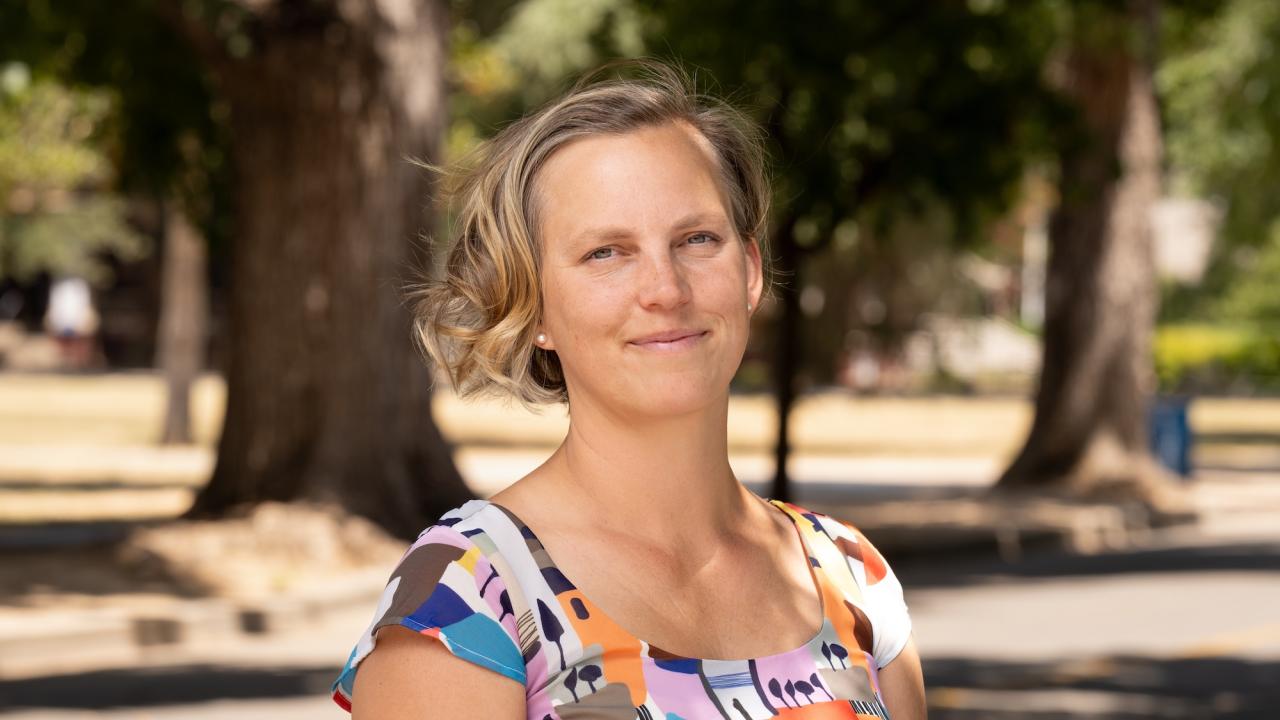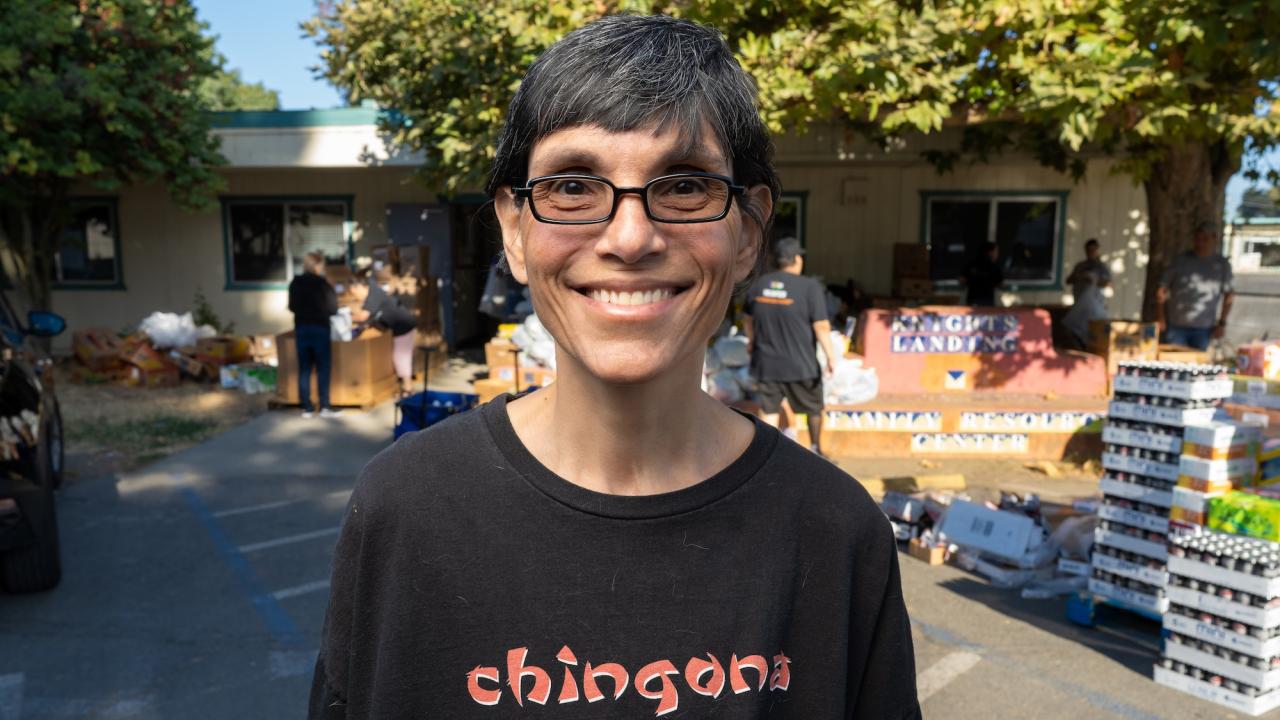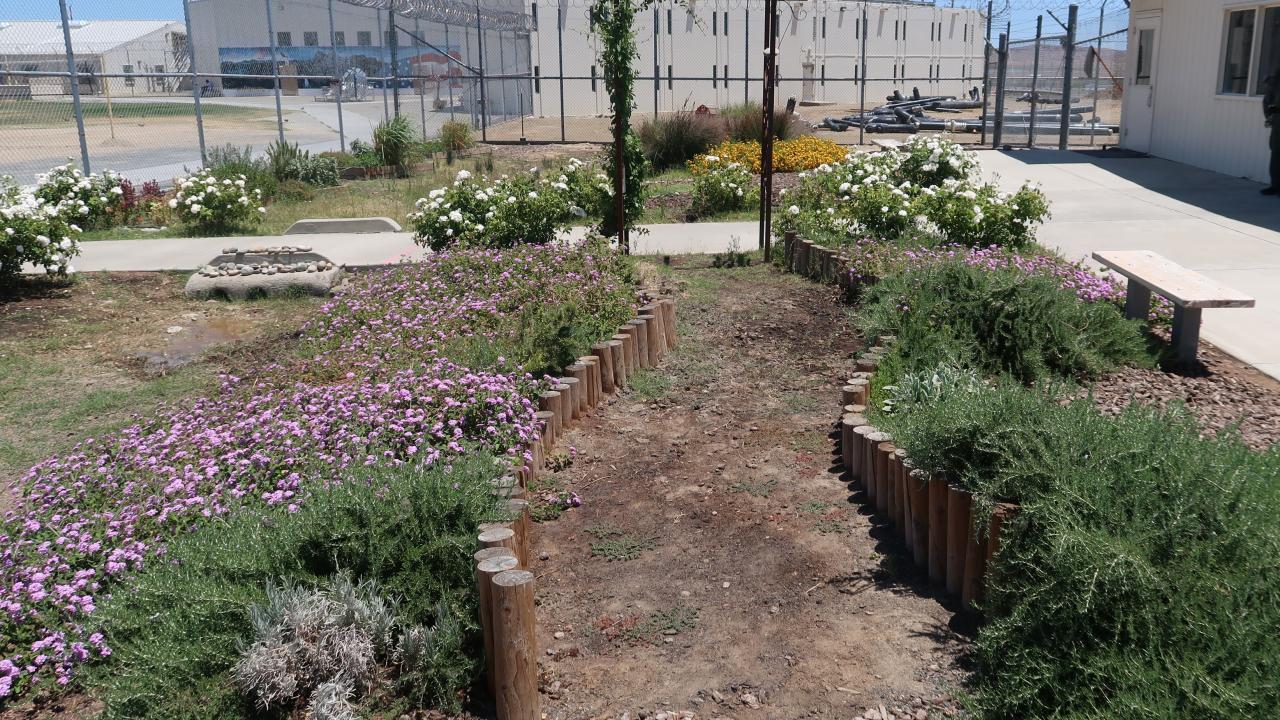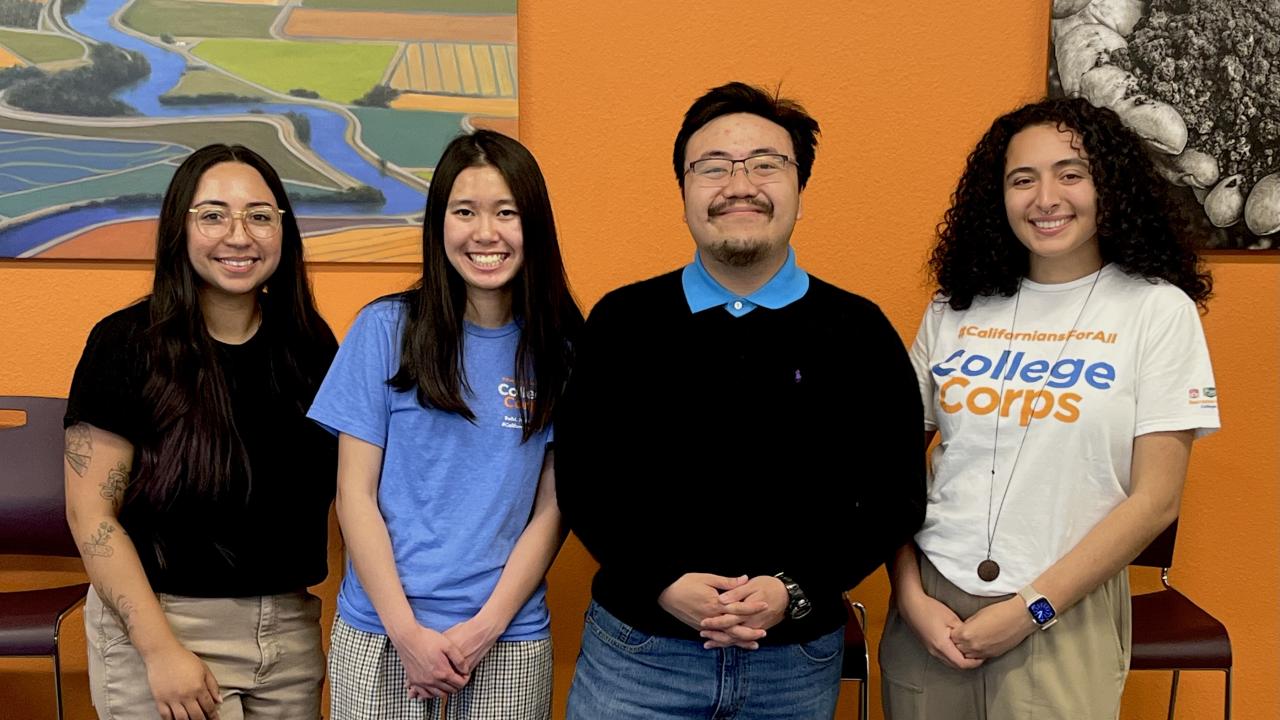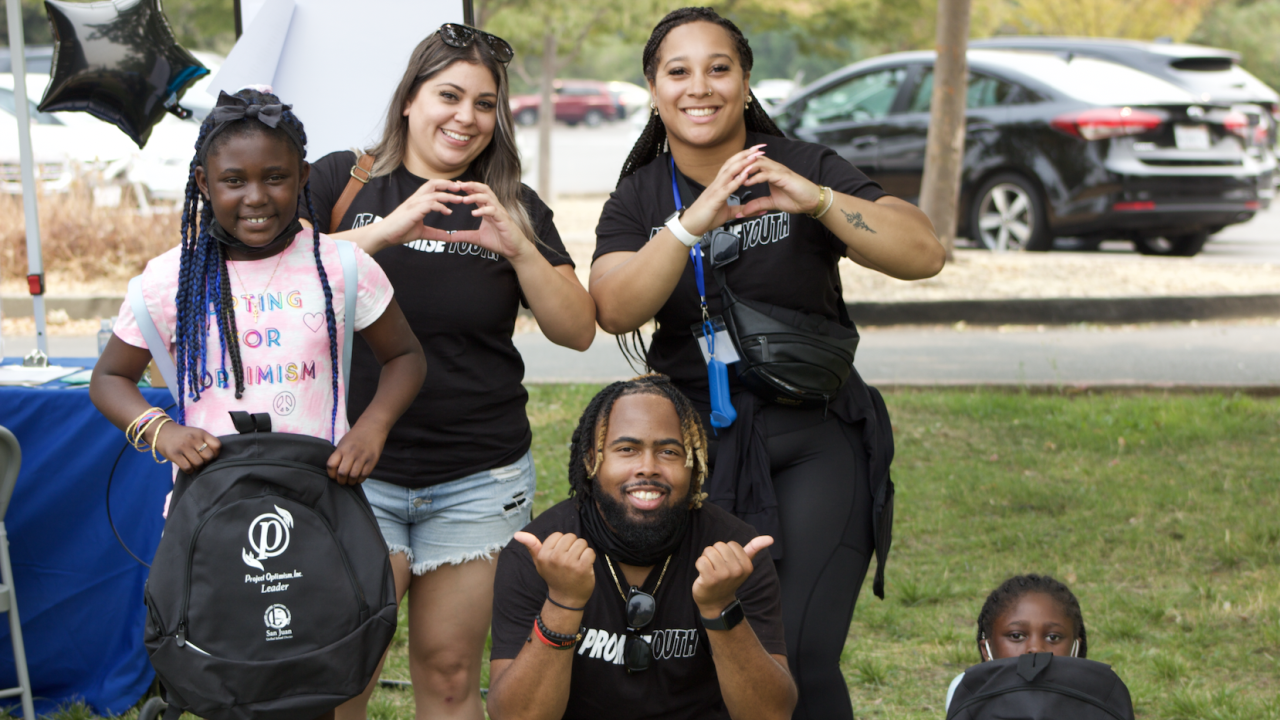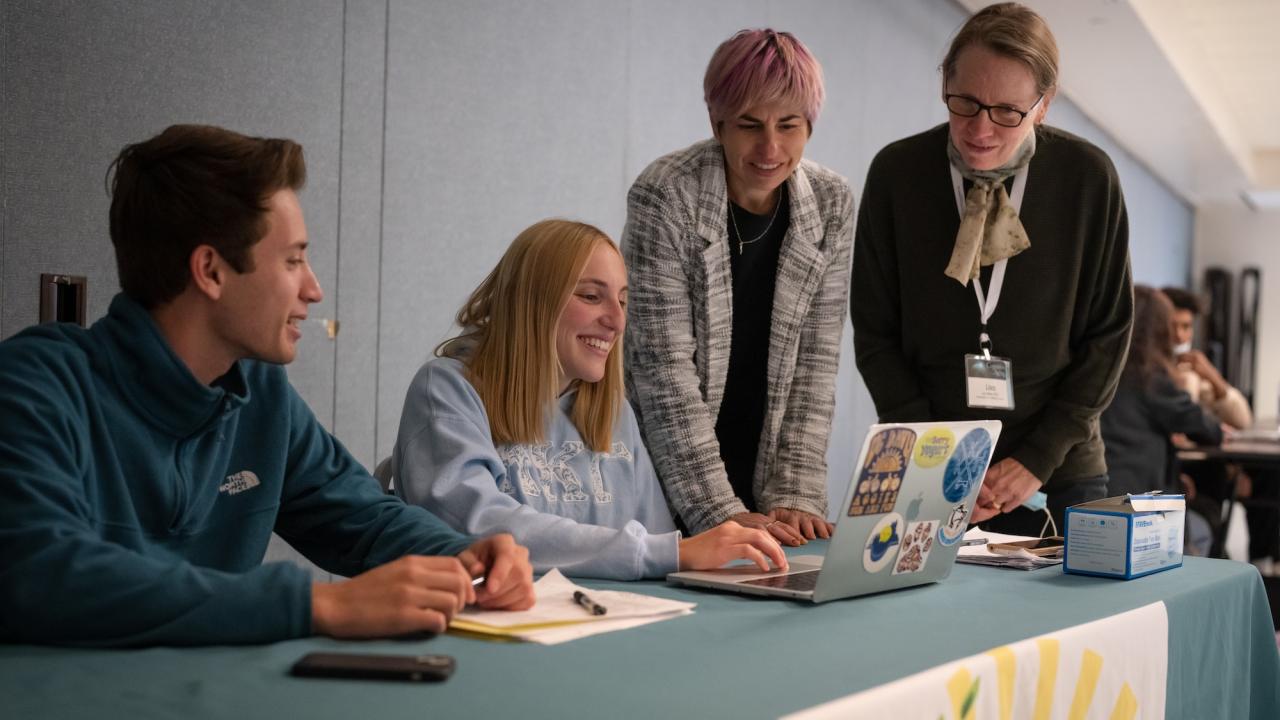Creating meaningful connections between the university and its communities is essential for fostering impactful public scholarship and engagement.
The implementation framework — the strategic plan that guides PSE — highlighted key challenges and opportunities in fostering these relationships. For instance, potential partners often struggle to access and navigate university resources, while faculty face difficulties in finding suitable collaborators for engaged teaching and research. To address these issues, PSE has launched several key initiatives.
One of our cornerstone programs is Community Campus Connect, which facilitates collaborations between UC Davis scholars and communities. We work with individuals, organizations and institutions throughout the greater Sacramento region to address local needs and foster impactful projects.
Consulting and coaching are integral parts of PSE’s support for faculty members. We help faculty find partners and write grants, and facilitate meetings with community organizations. PSE and partners also established the Community Engagement Collaborative, providing peer learning and support for community-engaged faculty and staff. This collaborative environment enhances the university’s ability to address community issues effectively. PSE is also piloting initiatives to recognize community partners for their time and effort, addressing institutional barriers to equitable collaboration.
To further support community partners, the University of California Public Engagement Database was created in collaboration with the Office of Government and Community Relations. This central repository improved data collection on UC Davis community outreach and engagement activities, serving the university’s ten colleges and schools.
To enhance collective capacity, share best practices, and promote policy alignment across the UC system Vice Provost Michael Rios and Associate Vice Provost Tessa Hill formed the University of California Community Engagement Network in partnership with colleagues from UC Berkeley and UCLA. This self-organized group
includes community engagement administrators, faculty and staff from all ten UC campuses.
Through these efforts, PSE continues to build a robust framework for community engagement and reinforce the university’s commitment to impactful, community-centered research and teaching.
In 2 Years, we connected 320 Fellows
from 4 campuses with more than
70 host site partners to serve their communities
Preparing the Next Generation of Leaders
The California College Corps program is a first-of-its-kind, statewide initiative that provides college students with the opportunity to support and learn from community-based organizations whose mission pertains to either K-12 education, food insecurity or climate action.
The program has proven invaluable for both fellows and the community partners alike. Since fall of 2022, fellows have received a total of $3.2 million for education and living expenses. Likewise, between fall 2022 through the 2023 fall quarter, fellows dedicated more than 115,000 hours of community service to local organizations.
In partnership with UC Davis Student Affairs, Public Scholarship and Engagement serves the essential role of connecting community partners with the university. In spring 2023, the consortium awarded more than $66,000 in grants to 12 community partners for volunteer engagement, training and other needs.

Addressing K-12 Education, Food Insecurity and Climate Change
College Corps aims to break down the barriers that can prevent low-income and undocumented students from participating in field placements and community-based internships by providing institutional and financial support for this work.
Fifteen representatives from UC Davis College Corps’ community partner organizations recently attended the Campus Compact national conference in Denver. During the conference, attendees had the opportunity to learn from community engagement practitioners and discuss frameworks for student service learning in their organizations.
Additionally, 17 partners attended National Service Training (focus on strengthening national service and volunteer programs) and 23 received access to an asynchronous training on volunteer management. This support highlights our commitment to public scholarship and our leadership in prioritizing beyond-the-classroom learning experiences.

